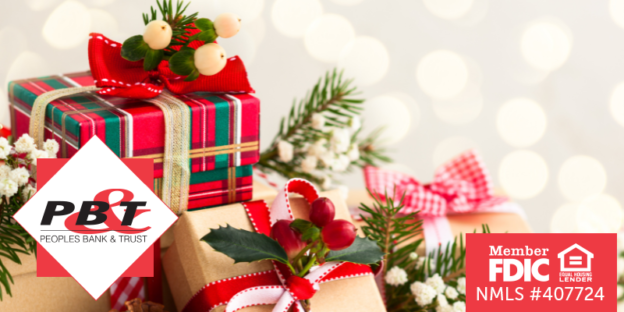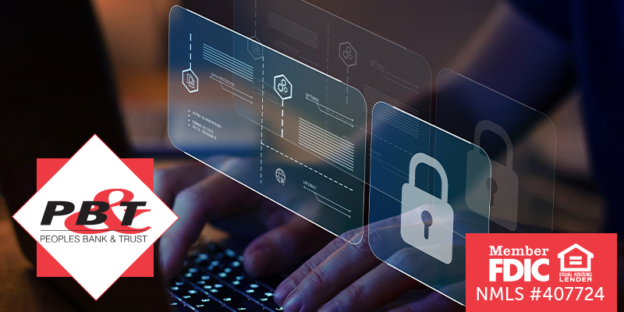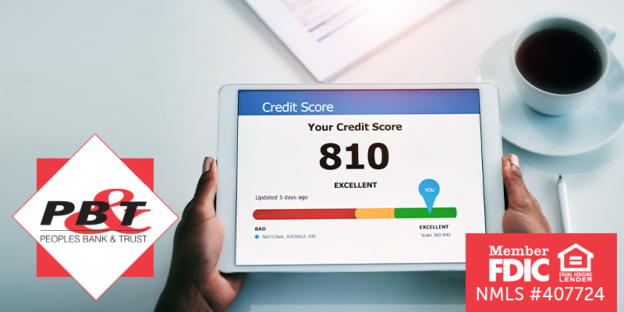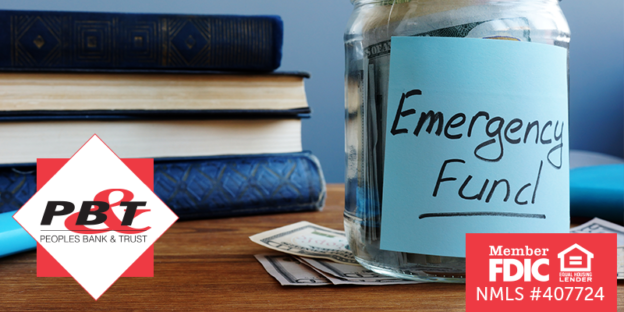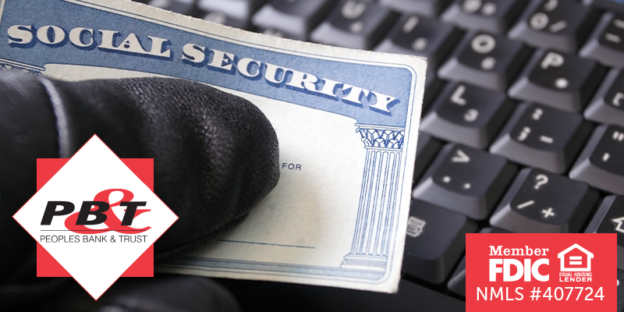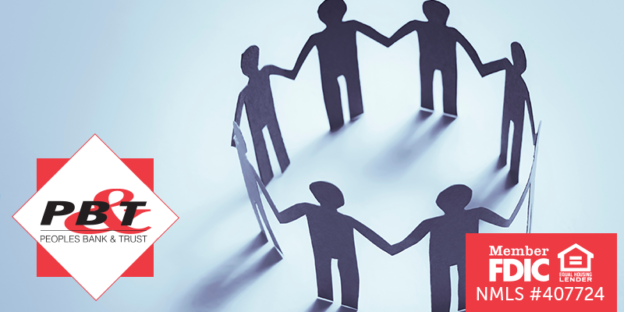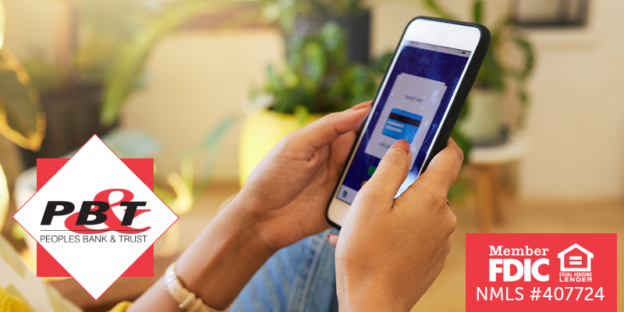Want to level up your property’s worth? You’re not alone – homeowners are always looking for ways to make their homes more desirable. Your home’s value gets a serious lift when you make savvy upgrades – and it doesn’t matter if you’re selling next month or five years from now. Let’s take a look at what raises property value the most.
Top Home Improvements to Boost Property Value
Kitchen Remodels
One glance at a dated kitchen and potential buyers often walk; conversely, a sleek, high-tech cooking space magnetizes them. Revamping your kitchen with sleek new appliances, crisp countertops, and stylish cabinets can net a whopping 102% return on investment when you sell your home, the National Association of Realtors reveals.
Bathroom Renovations
What if we told you that updating your bathroom could essentially pay for itself? It’s true: a stylish, modern makeover can add serious value to your home, recouping the full cost and then some. Kickstart your makeover with a trifecta of trickle-down decor: updating fixtures, swapping out tile, and slapping on a fresh coat of paint.
Outdoors Appeals
Outdoor spaces have a secret power: they can add serious value to your home. Invest in a deck, patio, or outdoor kitchen and you could see an 80% return on your investment. Anyone who values unwinding after a long day will find this particular aspect incredibly appealing.
Exterior Enhancements
A new roof can recoup up to 105% of the cost at resale, making it a worthwhile investment for homeowners. A sturdy, leak-free roof is essential for any buyer. New energy-efficient windows and insulation can also be worthwhile because of the 60-80% ROI.
Energy-Efficient Upgrades
Installing energy-efficient windows, insulation, and appliances can save homeowners money on utility bills and increase their home’s value by up to 10%. As well as 60-80% ROI if or when you decide to sell.
How a HELOC Can Help
A Home Equity Line of Credit (HELOC) is a flexible financing option that allows you to leverage your home’s equity to fund home improvements. Here’s why a HELOC might be the perfect solution for your renovation needs:
Flexibility
A HELOC provides a revolving line of credit that you can use as needed, making it ideal for funding multiple projects or covering unexpected expenses. You can borrow and repay funds based on your needs, giving you financial flexibility.
Competitive Interest Rates
HELOCs often come with lower interest rates compared to credit cards or personal loans, helping you save money on interest payments over time.
Potential Tax Benefits
In many cases, the interest paid on a HELOC may be tax-deductible. Be sure to consult with a tax professional to understand how this benefit might apply to your situation.
Get Started With Us
Investing in home improvements is a strategic way to enhance your living space and increase your property’s value. By focusing on high-ROI projects like kitchen remodels, bathroom renovations, and energy-efficient upgrades, you can make the most of your investment.
And with a HELOC from Peoples Bank & Trust, financing these improvements is more accessible and affordable than ever. Start planning your home upgrades today and watch your property value soar!
Stop By Any of Our Branches Today
We look forward to meeting with you and discussing our loan options that best fit your needs to make your home improvement dreams come true.



